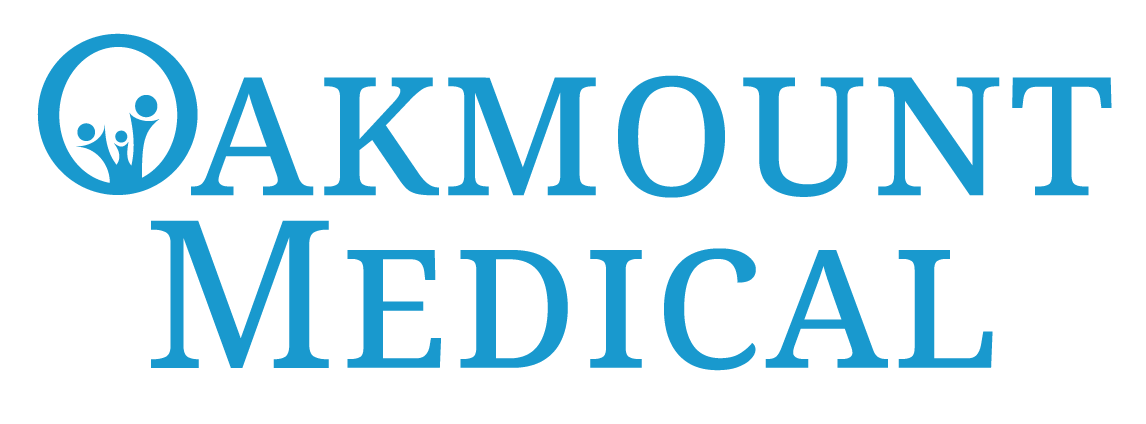4 month Child
← Go back to browse other new parent resources
Congratulations, your child is now 4 months old! Changes are happening and your baby can start to do things. Below, you can find a carefully curated list of resources that you will find help.
Starting solids:
When to start:
- Baby is at least 4 months old
- Baby has good neck support, i.e. able to sit in high chair or baby seat
What foods to start with:
- Iron-fortified baby cereal, e.g. baby oat cereal – do NOT choose baby rice cereal due to arsenic content
- Fruit and veggie purees (store bought or home-made)
- Well-cooked, minced meat or fish – you can add breast milk/formula/cooking water to it
- Mashed, cooked egg
- Mashed beans, lentils, tofu
Foods to AVOID:
- Undercooked meat/fish/eggs
- Added salt or added sugar
- Honey (until after 12 months old) – risk of botulism
- Choking foods, e.g. popcorn, whole nuts, whole grapes
Notes:
- Offer your baby solid foods 1-3x per day
- Wait for baby to open their mouth before you offer food on the spoon
- It is normal for baby to spit out their food
- It is normal for a baby to try a food 10x before they like a food
- Baby will still be getting the majority of their calories and nutrients from breast milk/formula, so it’s ok if baby is eating a small quantity of solid food
- You can serve baby with a baby spoon, or they can also self-feed (baby-led weaning) when they are able
Allergens** (introduce as early as possible):
- Peanuts
- Tree nuts
- Egg
- Milk
- Wheat
- Soy
- Sesame
- Fish & Shellfish
**If you delay the introduction of allergens, there is a HIGHER chance that your child will develop an allergy to that food. Therefore, it is important to start introducing allergens early (e.g. start at 4-6 months), ESPECIALLY if there is a family history of food allergies. When giving new allergenic foods, space them out by at least 2-3 days
Other resources:
- Baby’s Best Chance: Detailed handbook for general advice. For newborns to 6 months old.
- Children and fevers: What to do when your child has a fever
